Does Sunscreen Prevent Tanning: Dispelling The Misconceptions!
Going out without wearing sunscreen is like walking straight into hellfire. Whether you are going out for a sunbath or not, sunscreen is a shield to your skin from the burning sun rays. What about tanning?
On Mar 24, 2023 – 11 minutes read
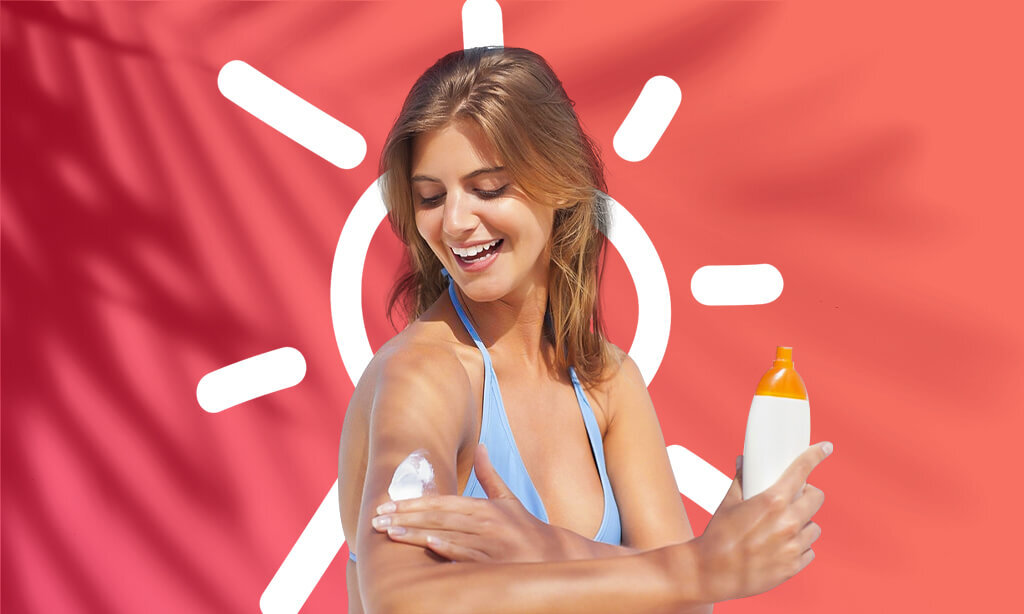
Doesn’t the idea of a bronzed body sound perfect? It’s what we all desire, isn’t it? A perfectly sun-kissed tan without the harmful effects of the sun’s rays. Ah, if only it were that easy! Sadly, for many of us, stepping out into the sun often results in looking more like a badly fried human than a bronzed beauty. Almost every time we step out, we end up regretting it as our exposed skin becomes uncomfortably tanned. So many of us use sunscreen before going to the sun, does sunscreen prevent tanning?
Does Sunscreen Prevent Tanning?
The perfect remedy to this common problem we all encounter is sunscreen. This impeccable topical solution shields our skin from sunburn caused by the harsh rays of the sun. Regrettably, not everyone is enthusiastic about applying sunscreen before heading out into the sunlight. Moreover, there’s the lingering question: does sunscreen prevent tanning on the face?

Do You Step Out In The Sun Without Sunscreen? Here’s Your Bad News.
Frequently, we underestimate the significance of wearing sunscreen whenever we step outdoors. Whether due to laziness (like I often am) or lack of awareness about the consequences of sun exposure on our bodies, many of us neglect sunscreen. If we truly understood the detrimental effects of excessive sun exposure, we would hesitate before skipping sunscreen and leaving our skin vulnerable. Additionally, there’s the question: how much does sunscreen prevent tanning?
Did you know that sun exposure causes 80% of the wrinkles and fine lines on your body? Did you know that up to 90% of premature aging is due to UV radiation? Yes, although sun rays give you an impressive dose of Vitamin D, sun exposure causes us more harm than good. To enumerate, sun exposure can result in premature aging, skin discoloration (which we call “sun spots”), wrinkles, fine lines, saggy skin, and even skin cancer (which can be deadly!).

The ultraviolet radiation from the sun is invisible to the naked eye of human beings because it has shorter wavelengths than the light we can see. There are two types of rays within the spectrum that can damage the DNA in your skin cells (albeit in slightly different ways) and could lead to even skin cancer. The two rays are UVA rays and UVB rays and both are harmful to your body.
Aging Rays
UVA or “aging rays” can prematurely age your skin, cause wrinkles, and can pass through window glass. But it is the UVB rays, or “burning rays” that are responsible for sunburn, skin damage, skin cancer, and melanoma. Window glasses are capable of blocking these. UVB has a shorter wavelength than UVA and hence has more energy, which means it can penetrate the outer layer of the skin called the epidermis. This can cause damage to DNA and cause the skin to burn.
UVA has a longer wavelength and hence less energy which means that it can penetrate even deeper into your skin. It could cause the production of free radicals which damage DNA and break down collagen and elastin. Both rays are extremely harmful. Melanoma, which is caused by these UV radiations, kills more than 10,000 Americans every year.
If you expose your body to either of those often enough, you may start developing cancerous moles. So, how do you protect yourself from the sun? Here is where the sunscreen comes in and saves the day! We hope you have realized that skipping sunscreen was a mistake!
The Golden Glow of Tanning is Not Healthy
What?! Yes.
Both UVA and UVB rays stimulate the production of melanin in the skin which leads to what we call “suntan”. Given the damage by sun rays, do you think tanning is good for your body? Does sunscreen prevent tanning? Is tanning healthy? No, it is not. When we get a tan, our body is trying to protect itself from the sun and help our body to tolerate the sun without getting a sunburn.
Simply put, tan on our skin is trying to build a shield. The epidermis releases a pigment called melanin to give the skin its natural color. Melanin is only produced when the skin is exposed to UV rays.

When our skin reacts to sun exposure by becoming inflamed and producing more melanin, it’s a protective response against UVL (ultraviolet light) damage to the DNA. UV rays can harm the cellular DNA of the skin, leading to genetic mutations. Therefore, what may appear as a golden glow manifests as skin damage? A suntan signifies skin damage as it reflects the skin’s adaptation to exposure by tanning. Understanding this, it’s important to consider how to prevent tanning by using protective measures like sunscreen, and protective clothing, and seeking shade when possible.
Melanin And Sunburn
People with less melanin (fair or light-skinned people) have the highest chance of getting burned more easily as the skin is not protected from UVB rays. They can get tanned within minutes. Whereas those with more melanin in their skin take typically longer to get tanned and can usually spend hours in the sun without burning their skin. Given that reason, there is a misconception that people of color are not at risk because of their skin color and that skin cancer is usually diagnosed much later.
Ultimately, the amount of time spent in the sun to get a burn or tan depends on each individual’s pigmentation. As Australians are exposed to the highest levels of UV radiation in the world, Australia also has the highest number of skin cancers reported in the world. So, how to prevent tanning? Does sunscreen prevent tanning? Dermatologists recommend using sunscreen to prevent these radiations from entering the skin and to prevent tanning.
Does Sunscreen Prevent Tanning At All? A Defence Mechanism!
While this may come to you as a surprise, sunscreen is the answer to protect yourself from the harsh UV rays. Can this product actually protect your skin? Yes, wearing sunscreen can help reduce your risk of all of these issues mentioned above which are caused by the sun rays alone. You can almost entirely avoid these severe damages with adequate sun protection; and sunscreen! When you are outside, you are constantly exposed to UV radiation. Does sunscreen prevent tanning? Sunscreen can screen your skin from UV rays. How?
Sunscreen Types
There are two kinds of sunscreens; physical sunscreen and chemical sunscreen. Both the sunscreens absorb UV rays and turn the energy to heat before that energy can be absorbed by DNA and cause damage. While physical sunscreens work like a shield, chemical sunscreens work like a sponge. Physical sunscreens sit on the surface of your skin and reflect and scatter the sun rays, particularly the longer UVA rays.

On the other hand, chemical sunscreens absorb the rays without letting the skin absorb them. Physical sun protectants usually contain titanium oxide or zinc oxide as their main active ingredient. Evidently, it is best to opt for this sunscreen if you have sensitive skin. Sunblock is one such physical sunscreen.
Does Sunblock Prevent Skin Tanning?
Indeed, as a physical type, it typically appears opaque and can leave a white residue on your skin upon application. Once applied, it acts as a barrier against harmful UV rays by scattering and reflecting them away from the skin. On the other hand, chemical sunscreens comprise organic chemical compounds like octocrylene, oxybenzone, Octyl methoxycinnamate, octyl salicylate, avobenzone, homosalate, and ecamsule among their ingredients.
These formulations are easier to rub into the skin without leaving a white residue. Fortunately, several sunscreens contain a combination of both physical and chemical filters now. You don’t have to choose between the two anymore. Now that you know how exactly sunscreen works, we come to our next question. As tanning is not healthy, does sunscreen prevent tanning? Is applying sunscreen that good? Let’s see!
Does Sunscreen Prevent Tanning? The Facts!
Yes and no. Wearing sunscreen does prevent tanning, but only to a certain degree. Because no sunscreen can protect you 100% from UV rays and some rays are still going to be absorbed into the skin. But it is important to know that it can prevent tanning to a great extent if you use a broad-spectrum (which protects you from both UV rays) sunscreen.
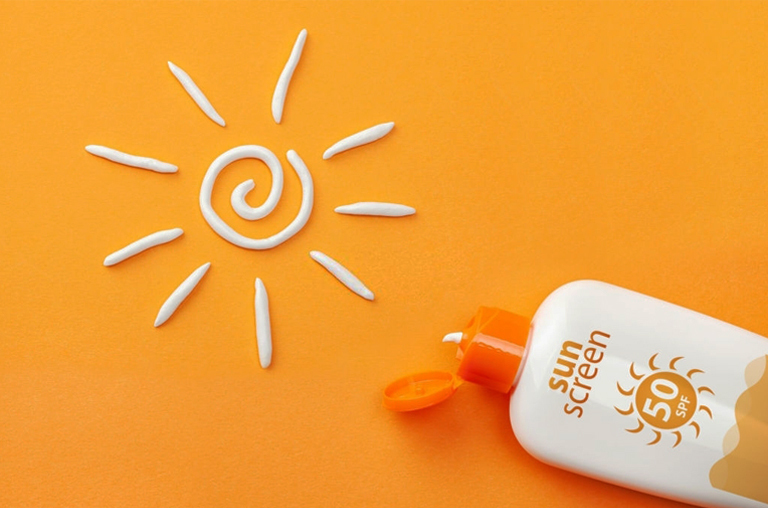
If you don’t wear sunscreen, you will be making it worse! So, how does sunscreen prevent you from tanning? By giving you protection from the UV rays.
Sun Protection Factor (SPF)
Sun Protection Factor (SPF) determines the amount of protection a sunscreen provides.
Normally, you can see an SPF number on sunscreens. It is the estimated maximum amount of UV radiation that the sunscreen can protect your skin from for two hours. You can evaluate how much UV rays the sunscreen will block when applied. An SPF 15 indicates, that when all exposed skin is covered with sufficient sunscreen, only 1/15 of the rays will reach the body. Similarly, an SPF of 30 and 50 indicates that only 1/30 (3%) and 1/50 (2%) of UV rays will reach your skin.
To figure out the SPF number you will need, use the formula:
Time for skin to burn with the sunscreen ÷ Time for the skin to burn slightly without sunscreen
Imagine a scenario here. You are in Fiji, the sun will burn you within 10 minutes, and you are using a sunscreen of SPF 15. This means, (15×10=150 minutes) you will be protected for 150 minutes (two and half hours) with the sunscreen on your skin. After that, you will get burned. The ideal SPF depends on your exposure level to the sun, but dermatologists recommend using a sunscreen of at least 30 to be on the safer side. SPF ratings between 6 and 14 offer low protection, SPF ratings between 15 and 29 provide medium protection, and SPF ratings of 30 to 50 offer high protection.
Can You Tan With Sunscreen SPF 50?
Indeed, even sunscreen with the highest SPF factor allows 1% of UV rays to penetrate your skin. With an SPF of 50, 2% of UV rays can still reach your skin. However, the resulting tan will be minimal as 99% of your skin is protected. There’s a misconception that if you’re not directly under the sun, you don’t need sunscreen with a high SPF factor, but this is incorrect. UVB rays, the most harmful component of sunlight, can still reach the skin indirectly, even when shaded.
It is also important to know that sunscreen works as a filter. It does its job pretty well!
The Wh’s of Sunscreen Usage
It is important to wear sunscreen every day, even on cloudy days. Clouds block infrared rays and you don’t feel hot during winter days. However, 80% of the sun’s UV radiation reaches the earth. So, the sun can still affect you! If you don’t lather up with sunscreen while going out, you could be doing severe damage to your skin cells’ DNA! Now let’s get more into its usage!
Does Sunscreen Prevent Tanning? When To Use It?
Every day. Whenever you go out. While using chemical sunscreens, you need to give your skin time to absorb the sunscreen before you go out in the sun. The general rule of time is 30 minutes. After applying, wait for 30 minutes to give the product enough time to penetrate the skin.
What Amount To Use?
For adults, apply one ounce (equivalent to 2 milligrams, or roughly one shot glass) of sunscreen per application for the entire body. Many individuals tend to use insufficient amounts and then express disappointment when the sunscreen fails to provide effective protection. Typically, people only apply around 20% of the recommended quantity necessary for adequate coverage. When it comes to children, opt for sunscreens specifically designed for their needs.
Where To Apply?
Anywhere that is exposed. Most people usually miss the back and sides of the neck, tops of the ears, tops of the feet, behind the knees, and temples. Pay more attention to the “v” of your chest (damage is hard to reverse) and the top of the ears, nose, cheeks, and forehead (areas prone to skin cancer and burn). Lip balms with SPF sun protection are available these days, to avoid tanning of lips. Your lips also need protection from the sun.
Who Should Use Sunscreen?
Anyone who is going out in the sun. Even kids.
Does Sunscreen Prevent Tanning? When To Reapply?
For adults, apply one ounce (equivalent to 2 milligrams, or roughly one shot glass) of sunscreen per application for the entire body. Many individuals tend to use insufficient amounts and then express disappointment when the sunscreen fails to provide effective protection. Typically, people only apply around 20% of the recommended quantity necessary for adequate coverage. When it comes to children, opt for the best sunscreen to prevent tanning specifically designed for their needs.
How Can You Choose A Good Sunscreen?
Although sunscreens are rigorously tested to ensure their safety and effectiveness, you must choose from a reputed brand and apply it correctly.

You can choose a good sunscreen that prevents tanning by looking for the following factors:
- Broad-spectrum: protects the skin from both UVA and UVB rays.
- A UVA star rating denotes UVA protection, and SPF on the product denotes UVB protection.
- SPF 15 is ideal for occasional exposure like driving to work.
- SPF 30 and higher are necessary for outdoor activities.
In addition to good sunscreen, maintain sun-safe practices such as seeking shade whenever possible, wearing sun-safe clothes, using UV-blocking sunglasses, wearing a wide hat, and avoiding the midday sun (11 AM – 3 PM).
FAQ
Yes, sunscreens block UVB rays that burn your skin.
Yes, because they block UVA rays and prevent the production of melanin.
Freckles are caused by excess levels of melanin in the skin and when your skin absorbs UV rays, they become more apparent. While sunscreen won’t get rid of existing freckles, it can prevent new ones as it won’t let the skin absorb UV rays.
Yes, but only with the golden glow that you would love.
Tanning with SPF 50 sunscreen will take longer than without sunscreen, but it still depends on various factors such as skin type, sun intensity, and frequency of reapplication.
Final Verdict
Therefore, does sunscreen prevent tanning? When the sun emanates its inviting warmth, many of us are drawn to leisurely sunbathing sessions, particularly after shedding winter layers and encountering dry, flaky skin from the cold air. However, exposing your skin to sunlight without applying sunscreen can lead to damage. Hence, it’s advisable to carry a bottle of sunscreen wherever you venture.

Subscribe to Newsletter
Elevate your routine, stay on trend, and embrace a personalized beauty journey with our curated insights.

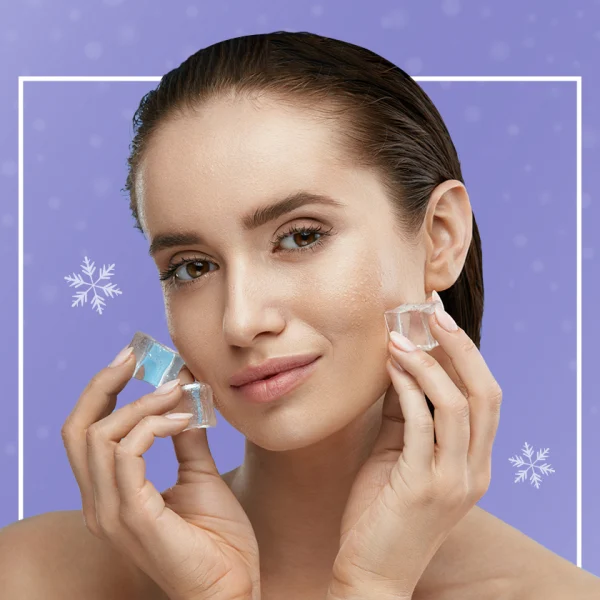
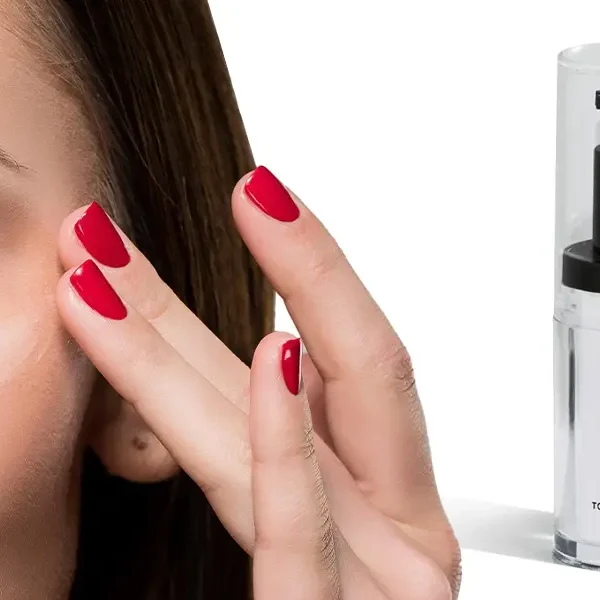

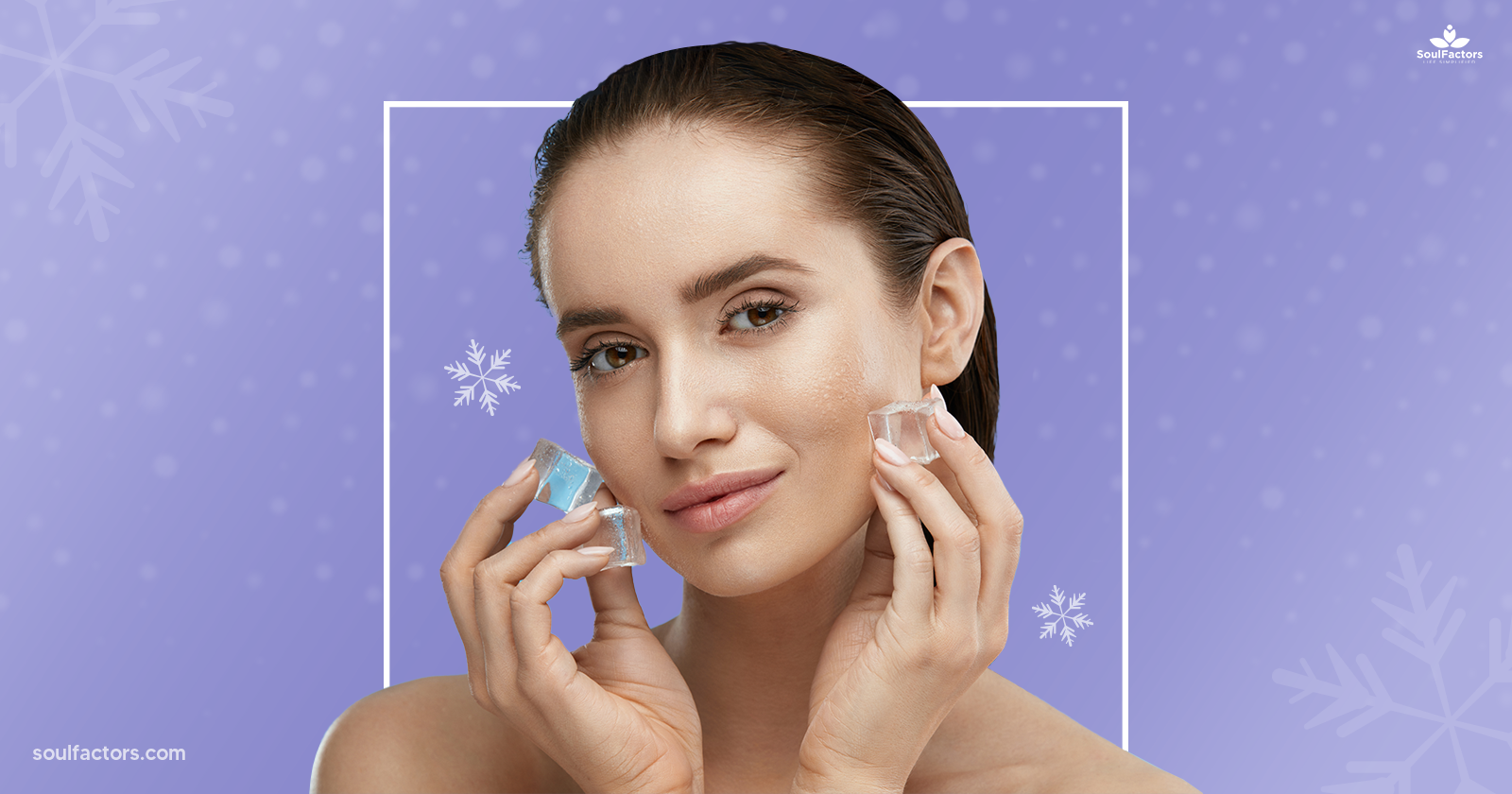
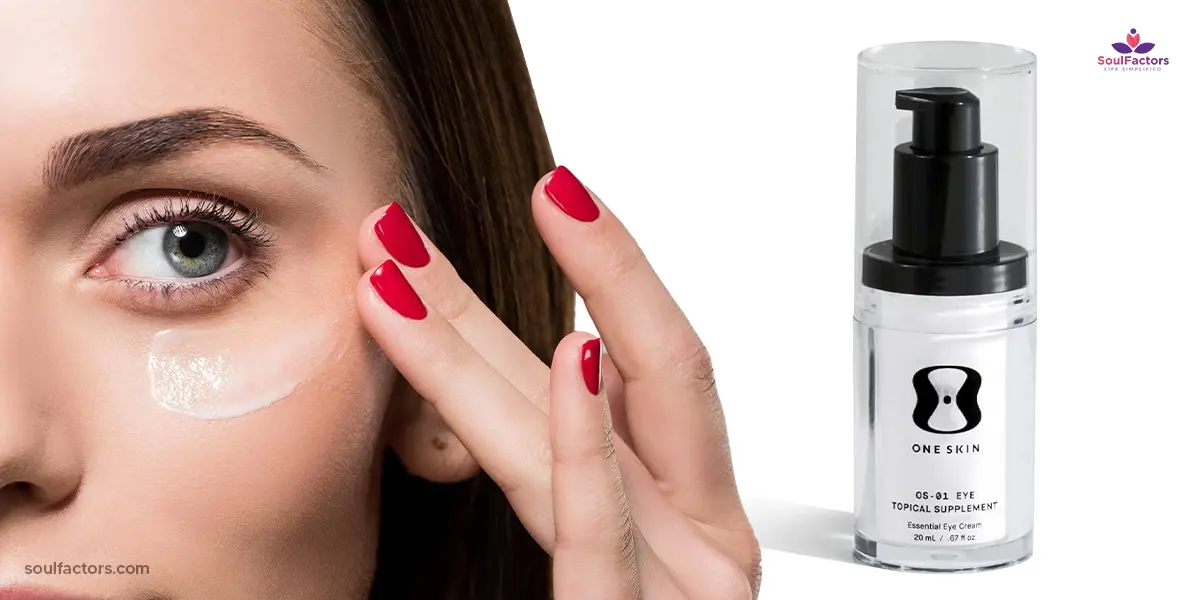
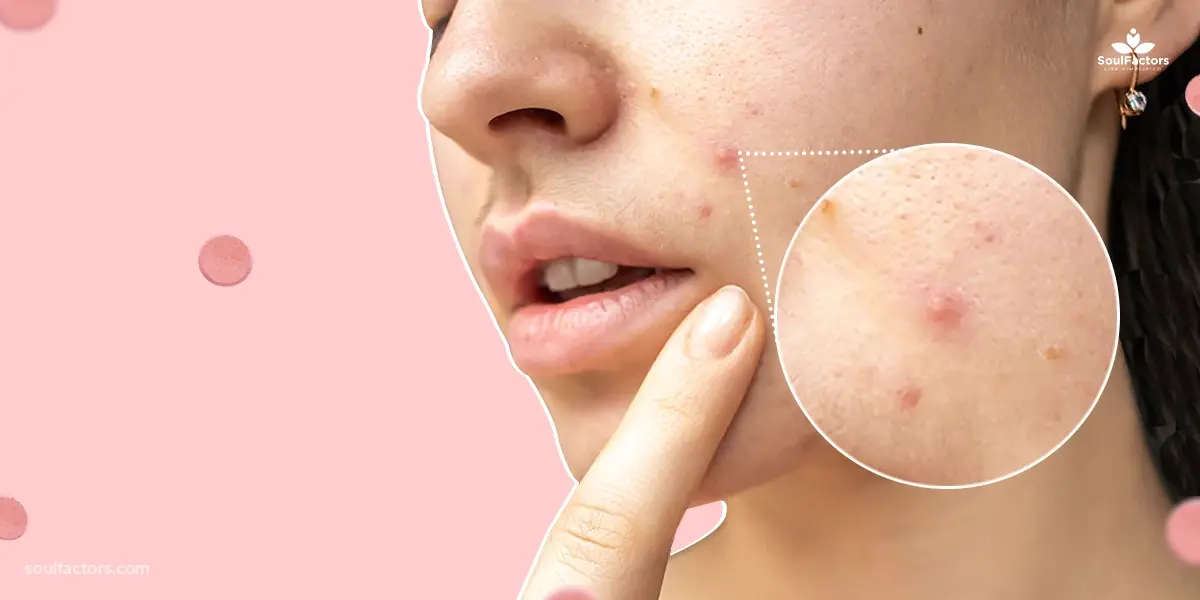
Write a Comment